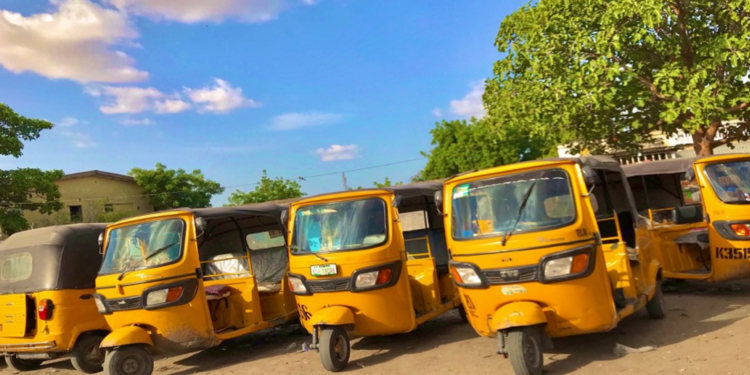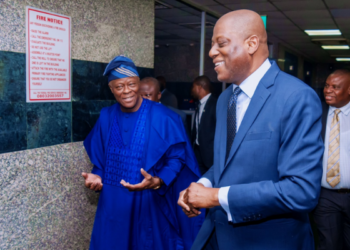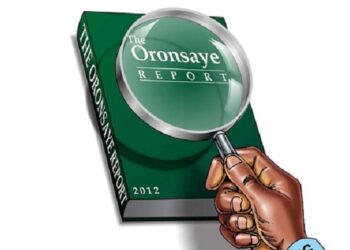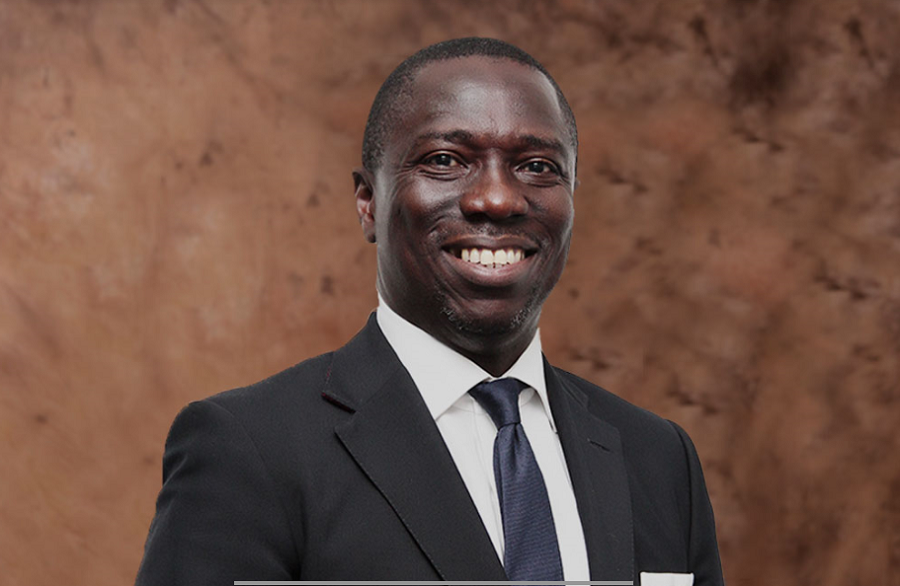Amid Nigeria’s economic tussle, the streets of Lagos reveal a poignant struggle.
Soaring costs of machine parts and fuel weigh heavily on Keke drivers, pushing them into a corner where survival becomes increasingly difficult as many of them rely heavily on their vehicles for income.
Mr. Eze, a keke driver who has seen his circumstances change dramatically, lamented that the cost of machine parts and fuel prices currently has skyrocketed, exceeding 100%. This significant change has deeply affected him and many others
“Because of the economic situation, high cost of machine parts and fuel price are the issues us keke drivers are facing now,” he explains.
Servicing his vehicle has shifted from a manageable expense to a significant burden. What once felt affordable has become overwhelming
As Eze reflects on the pressures of rising costs and dwindling profits, he embodies the resilience of a community struggling to adapt to an increasingly challenging environment.
Rising maintenance costs
Eze, points out the alarming rise in maintenance expenses. He reveals that the cost of servicing a tire has increased from N1,500 to N5,500 on average, representing a 267% increase.
Engine repairs have also escalated dramatically. Previously, budgeting N15,000 to N20,000 for an engine ring was sufficient, but now it costs approximately N85,000, marking a staggering 425% increase.
Essential spare parts have similarly risen in price. Sliders, which were N500, now cost about N1,000, reflecting a 100% increase.
“Sliders used to be N500, now one is N1000, and each tire carries two sliders. So you have to buy N2000 for one leg.
Eze attributes these rising costs to issues in the foreign exchange market.
Alongside maintenance, fuel prices have also surged. “Fuel that used to cost N3,500 for a full day of work now costs N7,500 to N8,000,” he notes, a 114% increase.
Hardships of daily operations
Mr. God’s Time shares his frustrations about the current economic climate.
“Things have become very hard. I have never experienced such hardship before,” he expresses. When he began driving, basic supplies were affordable, but now prices have increased significantly.
For instance, grease that used to cost N200 has now risen to N1,200, representing a 500% increase.
“Things are hard. To be honest I have not experienced this kind of hardship before. When I first started, there were things we could get for even N200, now it’s not the same; now it is N1000 and above.
“Before with N200, you could buy grease; with N500 you could get two portions of it. Now I pray o. To buy grease now I have to hold like N1000 or N1200.
Although his keke is relatively new and has not faced many issues, servicing costs are alarming. A fee that has now experienced a 214% increase from its humble N3,500.
“Servicing before would cost N3500, but now, just to change the oil, I was told to pay N11,000. This Mobile 1-litre oil is sold for N5,000, so to buy two, you will just spend N10,000 just like that.” God’s Time bemoaned.
“I am even tired of the work, I am tired of it. It is because I have nothing else to do that is why I am still here. I just started this work and already it is frustrating me.”
The price of oil from NNPC has also risen dramatically, from about N1,500 per liter to around N4,130, a 175% increase. He acknowledges the frustration of passengers as fares rise in response to fuel costs.
A hope for improvement
Mr. Abdulrazak, who has also been in the business for over a year, supports that the current situation is dire. Prices for essential parts have seen significant increases, with plugs witnessing a staggering 367% increase in price.
“Yes, parts are expensive. Just plug, the last plug I bought went for N750, but now it is N3,500,” he said.
Fuel prices have similarly skyrocketed from N250 per liter to about N1,150, a 360% increase. This forces drivers to raise their fares, leading to further complaints from passengers.
Today, Abdulrazak has earned N4,000 but has spent N2,500 on fuel. After factoring in other expenses, he reflects on his situation: “We are just working for nothing.”
Despite the difficulties, he remains hopeful. “We thank God for the strength to keep going, and we hope things will get better.”
Keke drivers are facing significant challenges in a changing economy. Rising maintenance costs, fuel prices, and financial strain threaten their livelihoods.
Despite this, their resilience and determination to keep working show their commitment to their trade. As they navigate these difficulties, hope for better days continues to motivate them in their daily struggles.






















